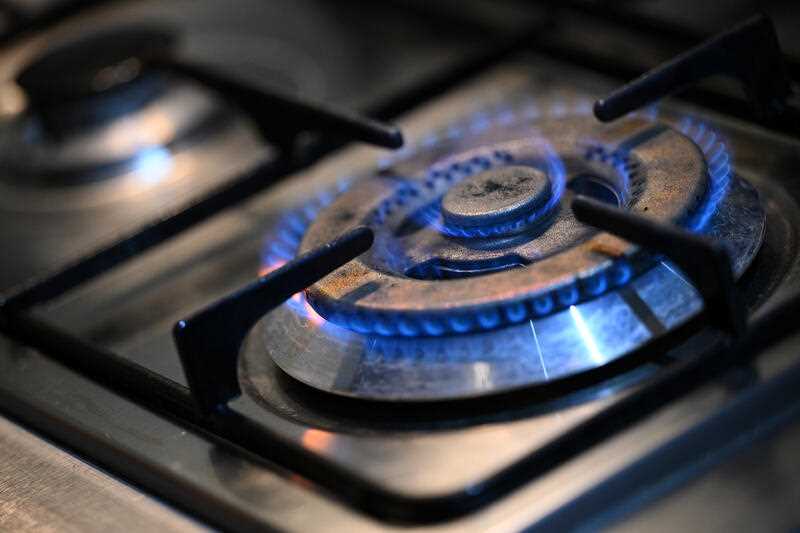Calls are growing for federal and state governments to cap surging electricity and gas prices to protect Australians from further bill shock.
Treasury has projected tariffs will rise by 56 per cent for electricity and 44 per cent for gas by 2024 without government intervention.
As energy ministers prepare to meet in Gladstone, Queensland, the Clean Energy Council has released a six-point plan.
Rather than subsidies to power plants to help with rising fossil fuel costs, the industry peak body is calling on governments to fast-track new solar, wind and batteries to replace costly coal and gas generation.
“Ultimately, it’s about bringing more low-cost, renewable energy online to replace unreliable and expensive coal and gas,” council CEO Kane Thornton said.
Renters in particular are dangerously exposed to bill shock, according to new research by energy advisory firm Renew.
“The cost to renters of heating is set to shoot up by $200 to $500 a year, and up to $900 a year if you are using a gas heater in Hobart,” spokesman Rob McLeod said.
Installing insulation and efficient heating is critical to reducing bills and if landlords won’t do that voluntarily, then governments need to step in and make them do it, he said.
Both electricity and gas tariffs are set to rise – but it’s homes that use gas that face the biggest bill increases.
“Our findings show that households using gas for heating, cooking and hot water could face bill increases of up to $1900 over the next two years,” he said.
All-electric homes with solar can already cut about three-quarters off energy bills, but rising tariffs mean the gap between all-electric and gas is going to grow even more.
“By 2024 a household in Melbourne will save more than $2700 a year by switching from gas to all-electric,” Mr McLeod said.
“Government action is needed urgently to prevent Europe-style bill spikes – and part of that action should be getting homes off gas.”
CLEAN ENERGY INDUSTRY RECOMMENDATIONS:
*Educate customers on energy efficiency, rooftop solar, household batteries, electric vehicles, electric heating and hot water systems.
*Develop the much larger workforce and a resilient supply chain required for the build-out of new renewable assets.
*Market reforms to build confidence in clean energy investment, speed up connection and develop new markets in generation and storage.
*Avoid interventions in setting wholesale or retail electricity prices that pose a material risk to investors in clean energy generation.
*Accelerate investment in the national electricity grid through partnerships between governments, using the Rewiring the Nation fund.
*Set a national Energy Storage Target to recognise its critical role and unlock the enormous amount of investment required.
By Marion Rae in Canberra



